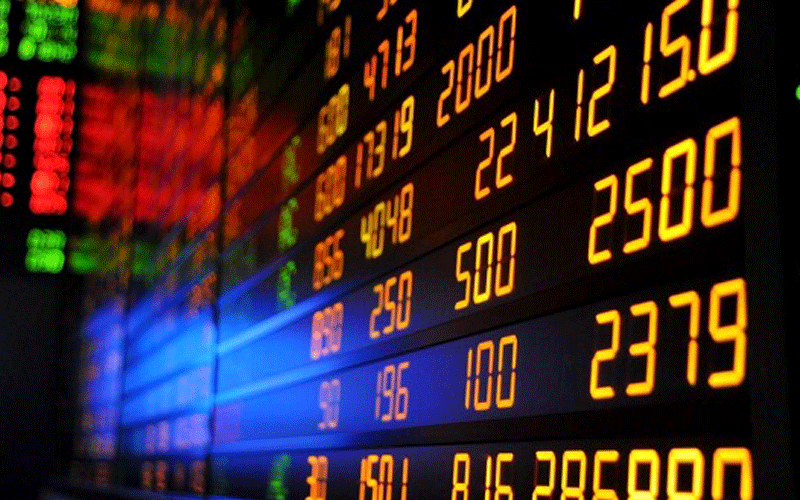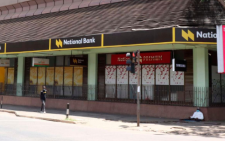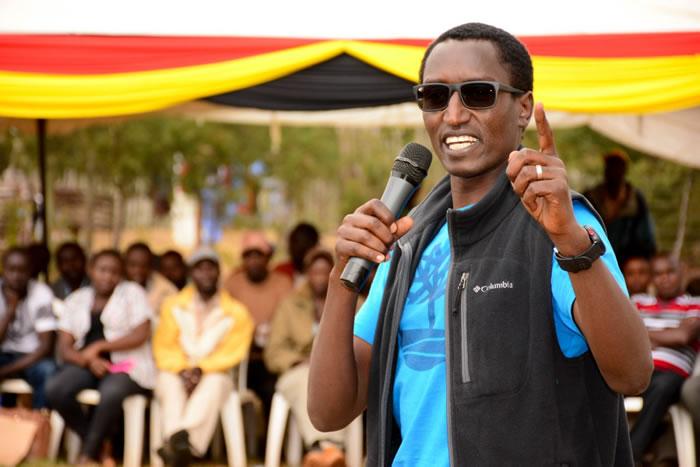Green bond, ‘sukuks’ to the rescue?

Kenya is banking on green bonds targeting diaspora-based citizens to fund its infrastructure projects.
Capital Markets Authority (CMA) says the National Treasury will use tax exemptions on bond maturities as a sweetener to pull more diaspora investors.
“Kenyan’s in the diaspora have indicated that they would like to be part of the economic recovery through financing of long term projects,” said CMA Director of regulatory policy Luke Ombara.
Speaking when they launched the Capital Markets Soundness report for the Third Quarter of the 2020, Ombara said a committee has already been set up to identify public projects that qualify for green finance.
“We also have the local capacity to assess potential green projects in the country,” he added.
Talks with Treasury
The regulator will also undertake a survey to determine the appetite for the product to ensure the bond issue succeeds and is not undersubscribed.
“We had a meeting with the Treasury officials yesterday to start with the vanilla green bond before we go to the Sukuk and the other products,” said Nyale Yanga, a senior financial markets analyst at CMA.
A sukuk is an Islamic financial certificate, similar to a bond in Western finance, that complies with Islamic religious law commonly known as sharia.
Diaspora remittances have defied the Coronavirus pandemic to hit Sh316 billion in the eight months to August 2020 compared to Sh301 at the same period the previous year.
Kenya is looking at other borrowing options as concerns pile over the prospects of an international bond issue due to her high debt profile.
Kenya’s 91-day Treasury bill rate is 6.6 percent, which is significantly higher compared to other government Securities in the US and Europe where most Kenyans in the diaspora live.
The Bond was initially scheduled to be issued earlier in the year but was postponed because of the outbreak of the coronavirus pandemic.
Some of the projects that could benefit from the green bond financing include the planned Light Rail and Rapid Bus Transit model in Nairobi and Mombasa which will need Sh14 billion and Sh35 billion, respectively.
The manufacturing, transport and agriculture sectors have combined green investment opportunities valued at Sh87 billion over the next 10 years of which there is near-term demand for Sh16 billion, a new study has revealed.












